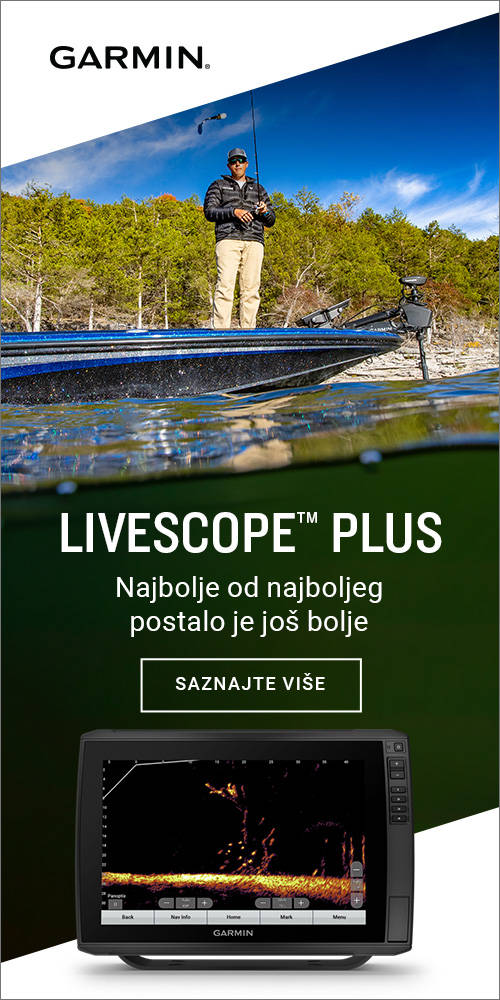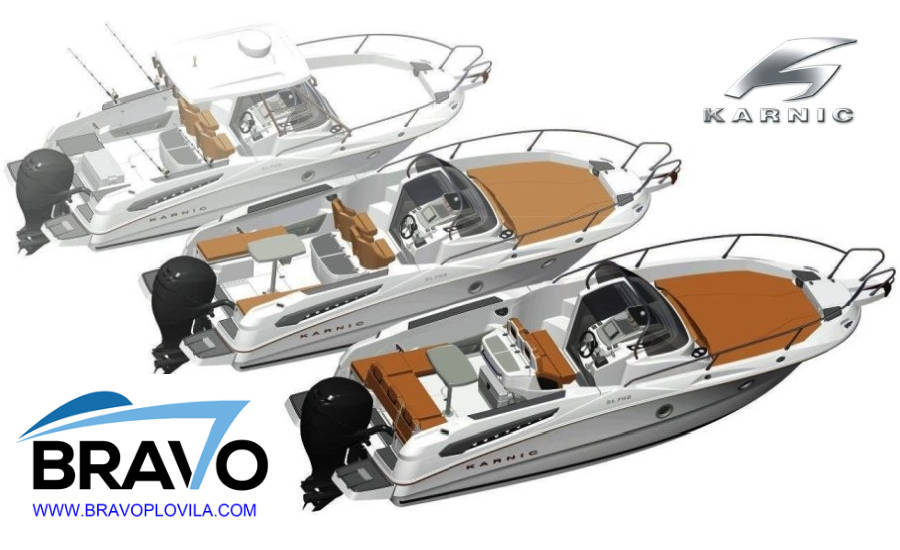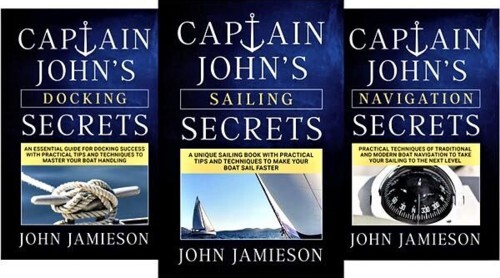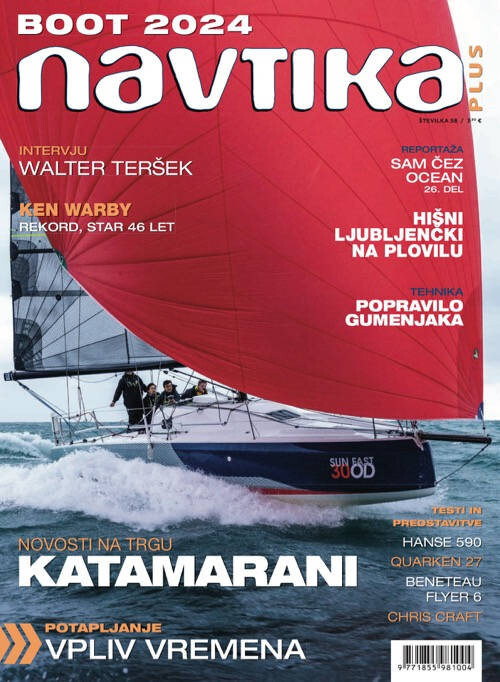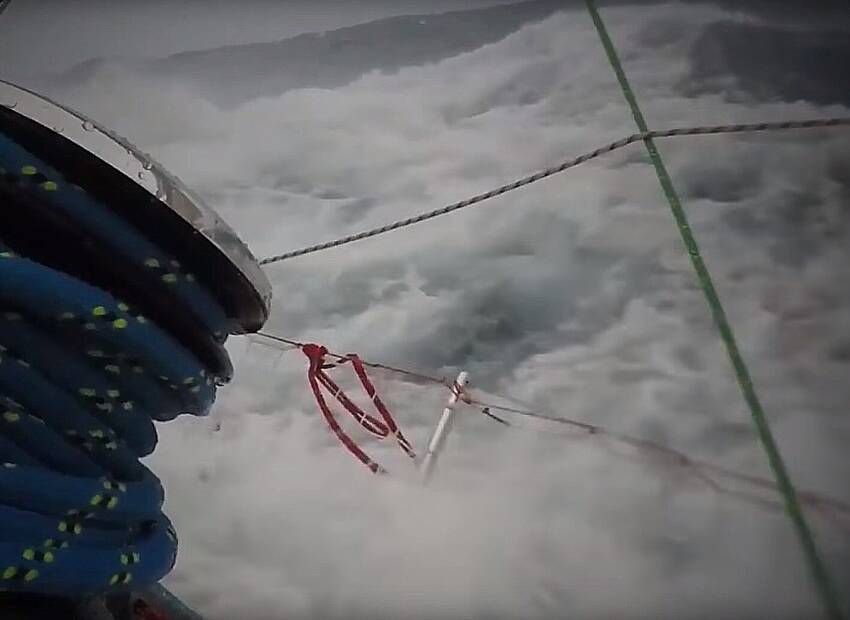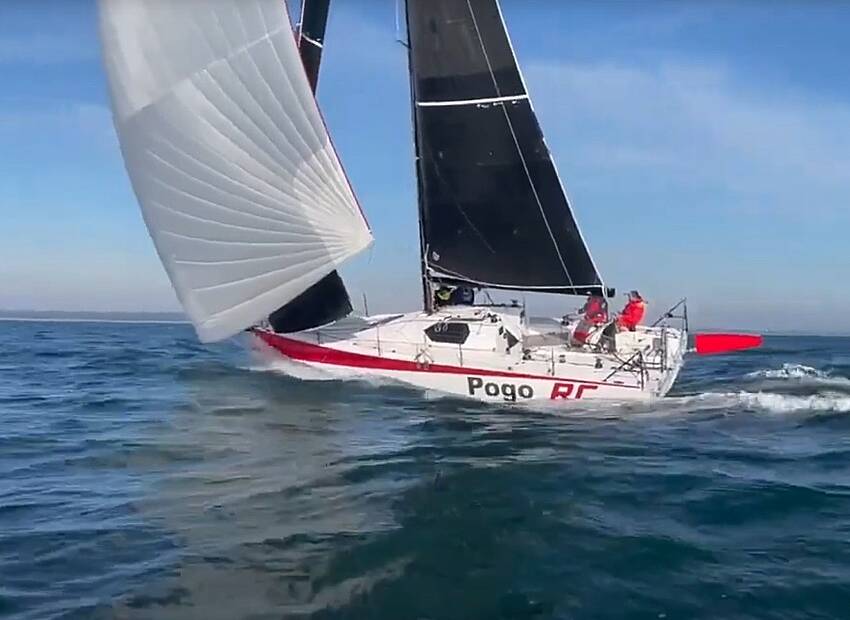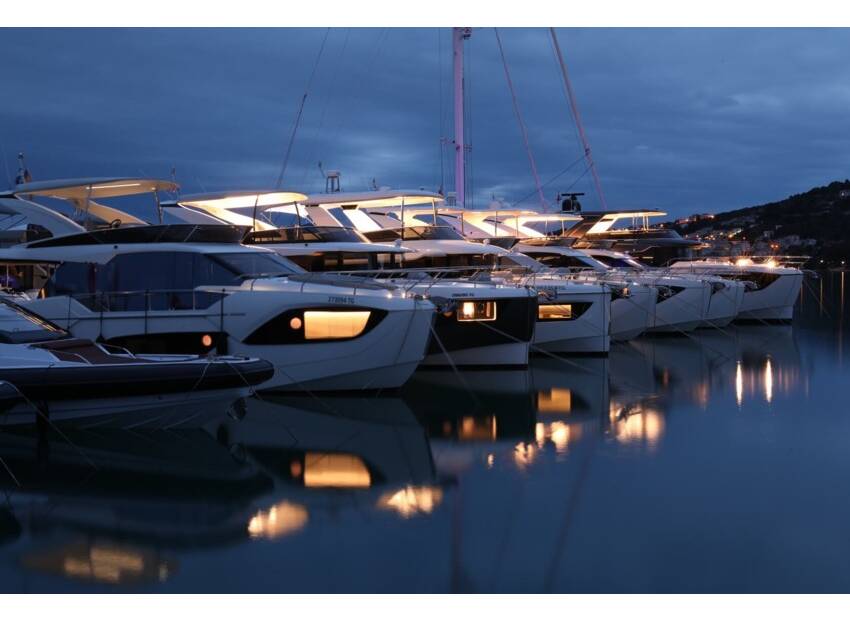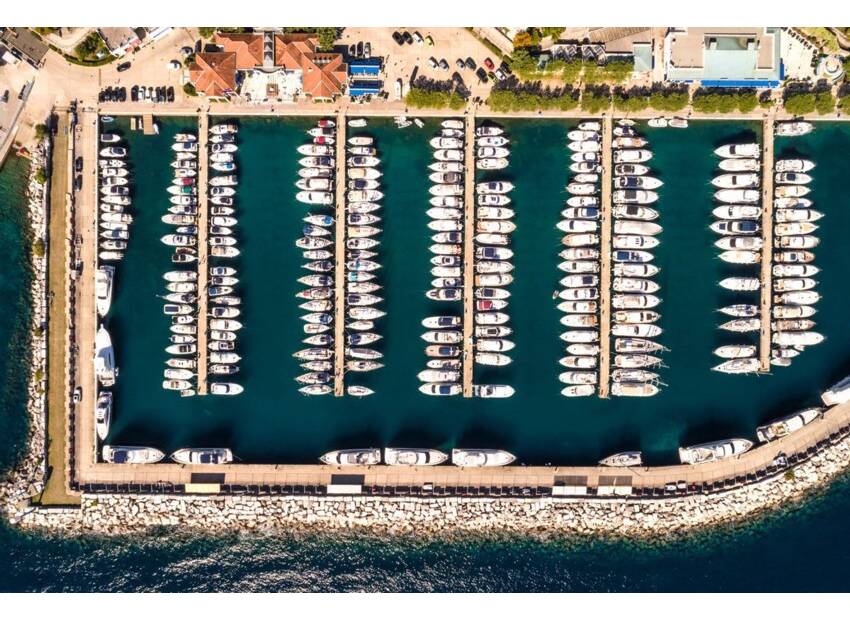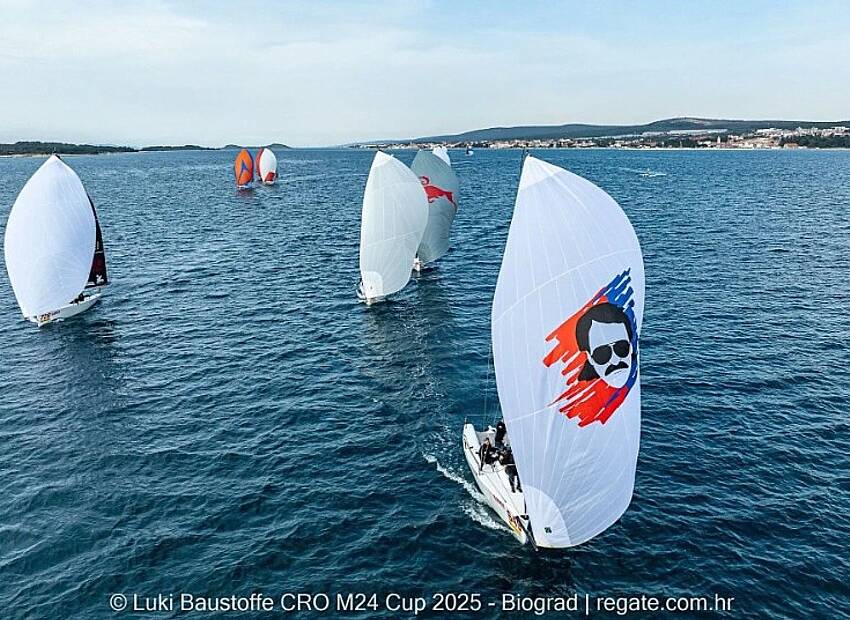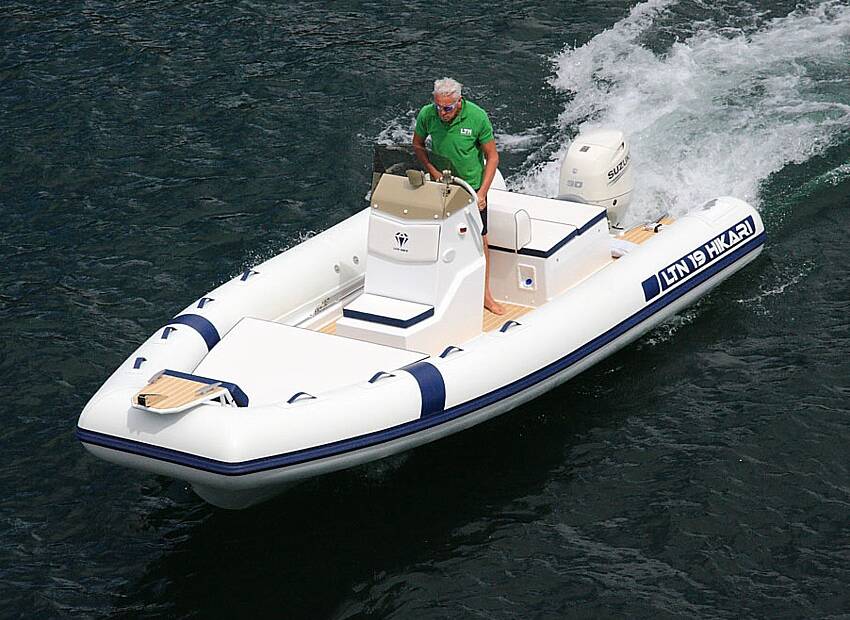After reading dozens of e-mails on seasickness cures (a BoatUS article), it seems the toughest mariners aren’t the yo-ho-ho types who’ve sailed around Cape Horn in a force 10 gale. No, the toughest of the tough are the weekend boaters who routinely cast off the lines knowing that at any moment they’re liable to become deathly ill. That’s tough! Why do they persist? Renee DeMar from San Francisco was typical; despite being the most seasickness-prone person she knows, Renee has been sailing for the past 30 years simply because she likes being on the water. Jon Triplett from Texas says seasickness “has ruined more trips for me than I can recall, yet I love to go offshore.”
Whether they got deathly ill or slightly ill, one thing almost every reader who responded made clear: There is no single cure for seasickness that works miraculously for everybody. For every person who insisted, for example, that wristbands were the answer, another would preface his or her comments by saying they tried wristbands (or ginger, Bonine, Scopolamine, etc.) and they didn’t work. Others noted that some of the various medications have side effects that are worse than being seasick.
By a wide margin, most readers’ comments were directed at four cures: wristbands, ginger, Meclizine (Bonine, Dramamine) and Scopolamine. We’ve included comments supporting these cures as well as the negative comments, helpful advice and warnings about possible side effects. We’ve also included a few of the other cures, some of which were offbeat (understatement). (more at boatUS )
Acupressure Wristbands
The idea behind wristbands is similar to acupuncture: Block signals to the brain that cause seasickness. There are two types: wristbands that use pressure on the wrist to block signals and a high-tech version that does the same thing using electronic stimulation.
Ginger
Only get seasick in certain kinds of surf. I’m a lifelong sailor but the first time I got seasick was on a big cruise ship. They happened to have ginger tablets in the drug store on board, which by the next day had sold out. I took several and rested. Had to re-do a couple of times, but the sickness went away. Has worked on our sailboat a couple of times too and I make sure to always have some on board.
Vicki Lathom
Annapolis, Maryland
Meclizene (Bonine, Dramine II)
Originally developed to treat vertigo, Meclizine (generic Antivert) is available as a stronger prescription drug in 50mg dosages and over the counter in 25mg dosages for adults and 12.5mg for children. Several readers noted that Meclizine has a tendency to make you sleepy, especially the prescription version, which, as one reader said, “puts me to sleep and keeps me there.” Alcohol exacerbates the tendency to make people drowsy.
Scopolamine and Scopace
Among offshore sailors--those who will be out in the ocean for more than a few hours--Scopolamine is probably the most widely used of all the various medications. Scopolamine is a prescription drug sold under the name Transderm Scop and is administered via a patch placed behind the ear. It is advertised as being effective for three days and there are usually no serious side effects. However, when side effects do occur, they can be severe; several readers wrote to say that they had experienced hallucinations and/or dizziness. Note that the company that makes Scopolamine took it off the market in the mid-1990s to remedy some quality control problems with dosage levels. The problems below were all experienced with the newer version of Scopolamine.
Scopace is a tablet version of Scopolamine. Unlike the patch, which is only available in a fixed (1.5mg) dosage, Scopace can be adjusted for each person´s weight and needs. According to a web site promoting Scopace, a study conducted for NASA found that the tablets are twice as effective as





